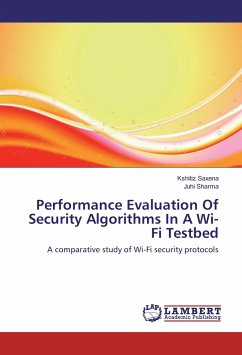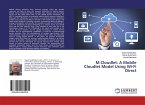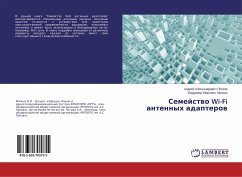In the IEEE 802.11 standard an optional encryption protocol called Wired Equivalency Privacy (WEP) is used to make wireless traffic as secure as wired network traffic. However it has been found that WEP suffers several weaknesses like a shared key weakness, no per-packet authentication, vulnerability to disassociation attacks, no user identification and authentication, no central authentication, authorization, and accounting support and vulnerability of RC4 to known plaintext attacks. To address these concerns, The Temporal Key Integrity Protocol (TKIP) was created to fix the weaknesses of Wired Equivalent Privacy (WEP). Wireless security is an exciting field of study, and we aim to find more weaknesses and new application areas of the attacks on TKIP. We hope that our work may contribute to motivate people to migrate their wireless security protocols to the more secure alternative CCMP.
Bitte wählen Sie Ihr Anliegen aus.
Rechnungen
Retourenschein anfordern
Bestellstatus
Storno








